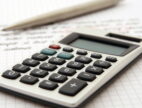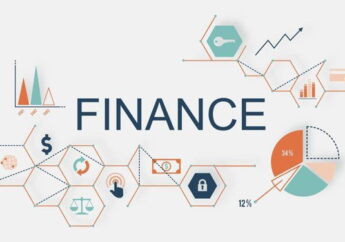Preparing Your Business to Pay Tax for the First Time
by Mashum Mollah Finance Published on: 03 December 2019 Last Updated on: 23 May 2025
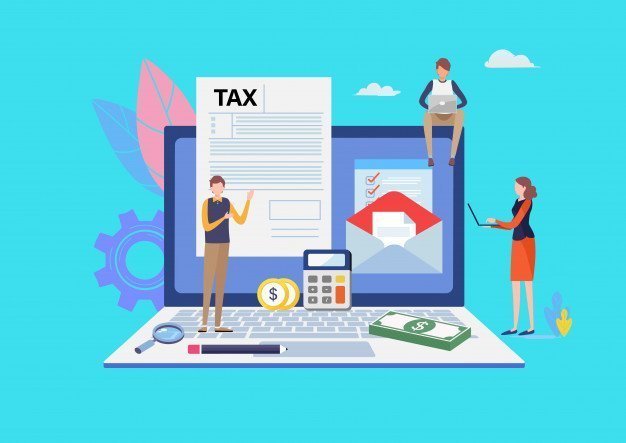
You’ve been in business a year and the tax deadline is drastically approaching. You know you need to get your tax returns filed accurately before the impending deadline. But where do you start?
Your tax filing will depend on whether you are an LLC or a sole proprietor. Each entity has its own unique tax form; however, both methods of calculating the tax owed are similar. To determine which forms you need and to get professional assistance with your business’s tax returns, see more at bswllc.com.
Preparing Your Business to Pay Tax for the First Time:
Make a Checklist:
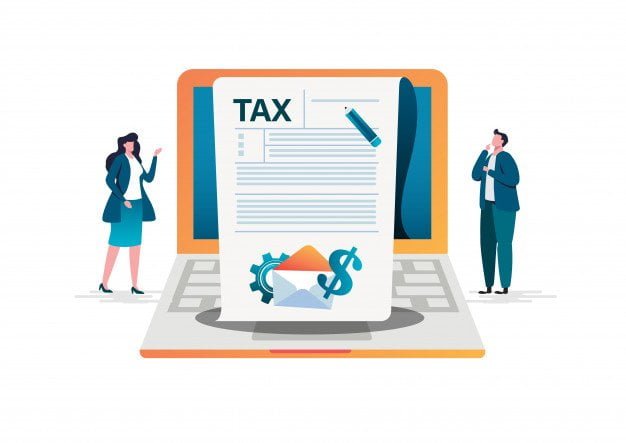
Before you start the tax return process, take a look at the questions asked on the paperwork and make a checklist of the information you will need to provide. You will likely need to know both financial information relating to the business, for instance, to fill in a T2 corporation income tax return, as well as more general questions like how long your business has been in operation, where your business is located, and the industry.
Gather the Information:
Once you know what you will need to complete the forms, you need to gather the information. In an ideal world, you have been keeping track of expenses and income in a master spreadsheet document and gathering the relevant information will surmount to little more than locating the document on your hard drive.
Read more: The Tax Breaks Every Business Should Be Using
Select Your Accounting Basis:
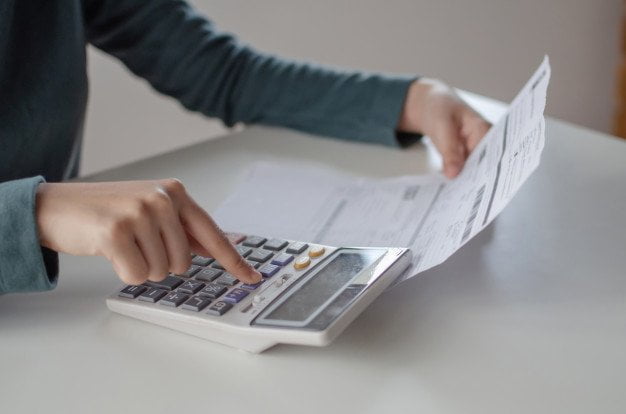
Businesses filing their first tax returns can calculate their tax returns on a cash or an accrual basis. You are free to select either and the decision will largely come down to the nature of the expenses incurred during your first year of trading.
An accrual accounting basis sees income acknowledge once earned. Expenses are then registered at the time they are incurred. Alternatively, should you choose to use a cash accounting basis, your business expenses will be acknowledged once paid and income will be recognized one it is collected.
This means that if you are a new business with a large amount of incurred expenses that have not yet been paid, you may want to take these as deductions in your first year by choosing an accrual method. However, whichever accounting method you choose will remain in effect for the business’s life. It, therefore, pays to give the accounting basis some thought.
Consider the Depreciation Method:
Businesses that have made a profit in their first year can take a tax deduction of up to $100,000 for the costs of furniture and office equipment. However, this isn’t the only option. You can also take the write off over a period of five or seven years.
Each avenue has its own merits and will depend on the first-year profits of the business. Generally, for those still in the early stages of development, taking a seven-year depreciation method might make the most sense. Once the business begins to make a profit and enters another tax bracket, the deduction could have tax benefits down the road.
The most important thing is to remember the deadline. Different tax forms have different deadlines. Knowing the deadlines for each individual form will ensure your business is in compliance with federal laws and avoid any late penalties.
Read Also:
- How to Take Care of Your Own Self Employed Tax
- Top 5 Small Business Tax Tips to Save Money
- What To Consider When Choosing a Tax Relief Service
- Top Reasons You Should Hire a Professional Tax Preparer
- T-A-X FAQs: Can the IRS Levy Your LLC for Personal Taxes?
- Top 10 Tax Deductions Every Business Owner Should Be Aware of in 2018


























































































